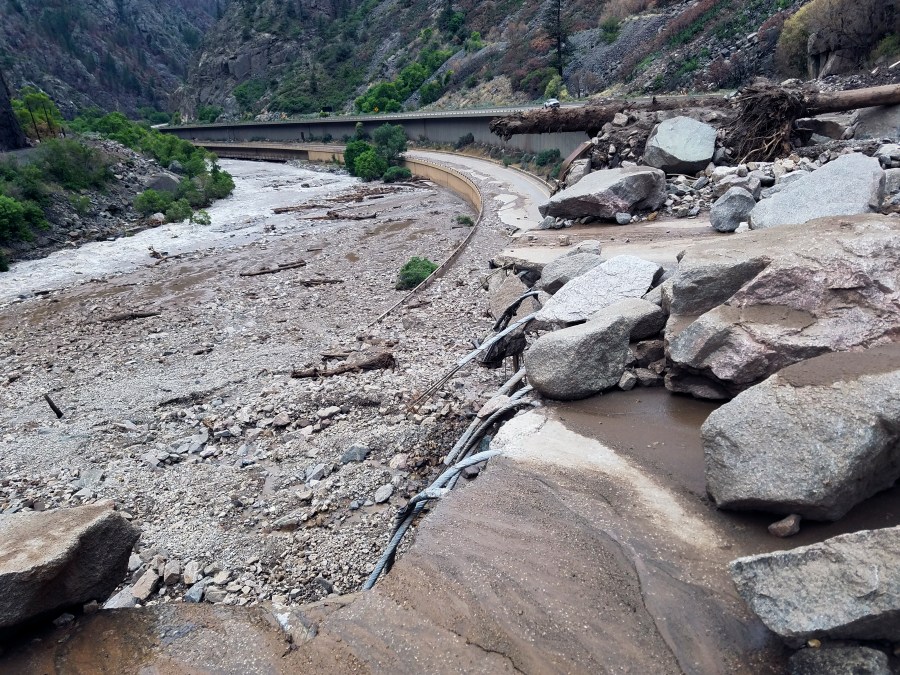DENVER (KDVR) — A historic deal meant to help improve infrastructure around the U.S. is headed for a vote this weekend in the senate.
The measure is designed to uphold and correct everything from roads and highways to broadband and water systems, but its price tag has some wondering how long the nation could keep spending this type of money.
The vote is planned for Saturday.
The plan is not cheap. As of now, it’s estimated to cost more than $1 trillion total.
Despite the price, Colorado’s senators believe it will have enough Republican support to become law.
“We were working on it until midnight last night, we had a number of good bipartisan amendments,” U.S. Sen. Michael Bennet said.
Water, broadband, climate change considered
Senators said hours of negotiating with each other and the Biden administration will pay off this weekend as they vote on sweeping infrastructure reform.
“It’s $550 billion of new money, of newly authorized spending that goes towards infrastructure that this country desperately needs,” U.S. Sen. John Hickenlooper said.
That money will go toward new projects meant to improve drinking water, broadband capability and damage from climate change. Bennet said what is happening with Interstate 70 mudslide closures Glenwood Canyon demonstrates why we need the extra dollars.
READ THE BILL: H.R.3684 – INVEST in America Act
“It costs $50,000 an acre to fight fires. It costs $1,500 an acre to do the work on the front end. We’re long overdue this investment. Colorado desperately needs it because we’ve grown as a state, and our roads, bridges and other infrastructure haven’t kept pace,” Bennet said.
They estimate around $50 billion will go towards the consequences of climate change.
$256 billion in deficits projected
In a divided Congress, supporters are optimistic they will have the votes to get it passed.
“It’s a bipartisan success. This is like discovering a muscle you used to have but you have not used it in so long, you almost didn’t remember how to use it,” Hickenlooper said.

But the plan must be paid for somehow.
“I think the long-term consequences of borrowing and borrowing and borrowing money are going to catch up with us at some point,” said Michael Fields, executive director of conservative group Colorado Rising Action.
The Congressional Budget Office projects the plan could add $256 billion in deficits over the next 10 years.
“Our debt is so high right now that when an emergency comes and we do need to spend like we did under COVID, that’s one thing, but then we continue to keep deficit spending on and on,” Fields said. “So I think infrastructure is a good place to be spending, but I would love if it could be out of our current budget and not adding $250 billion-plus onto our debt.”
If the bill passes, the money is meant to be spent over the next five years, but lawmakers are hoping some of the projects will get underway before the end of the year.
